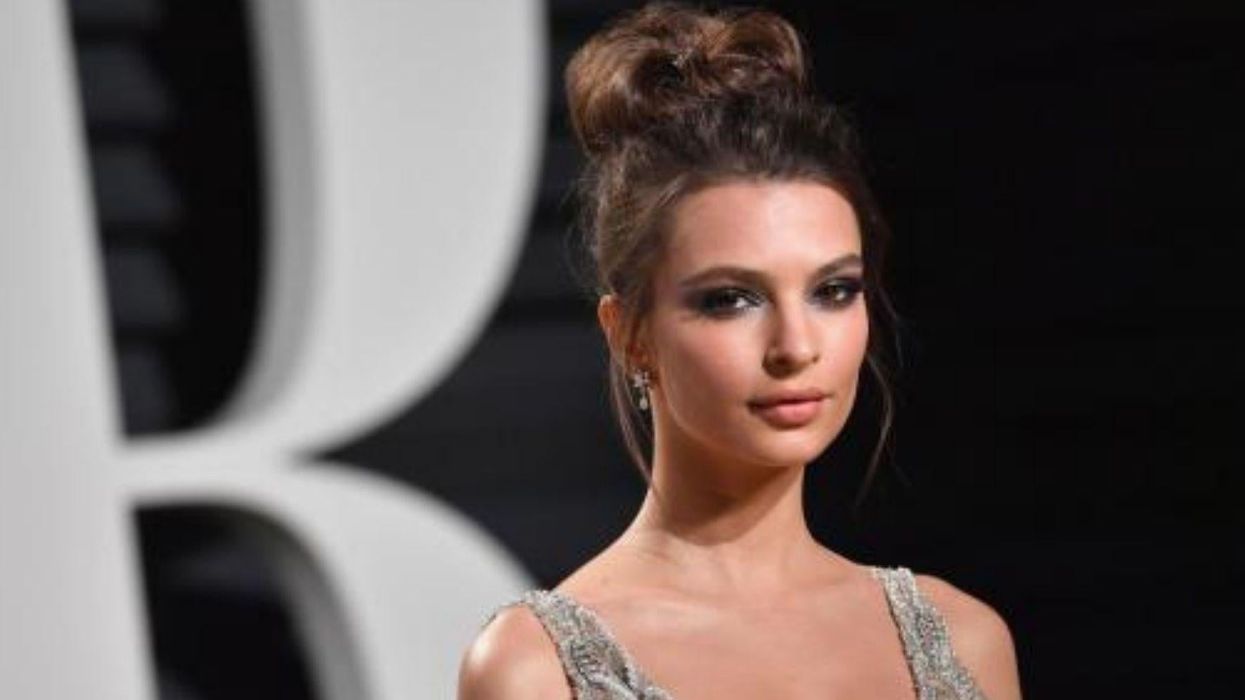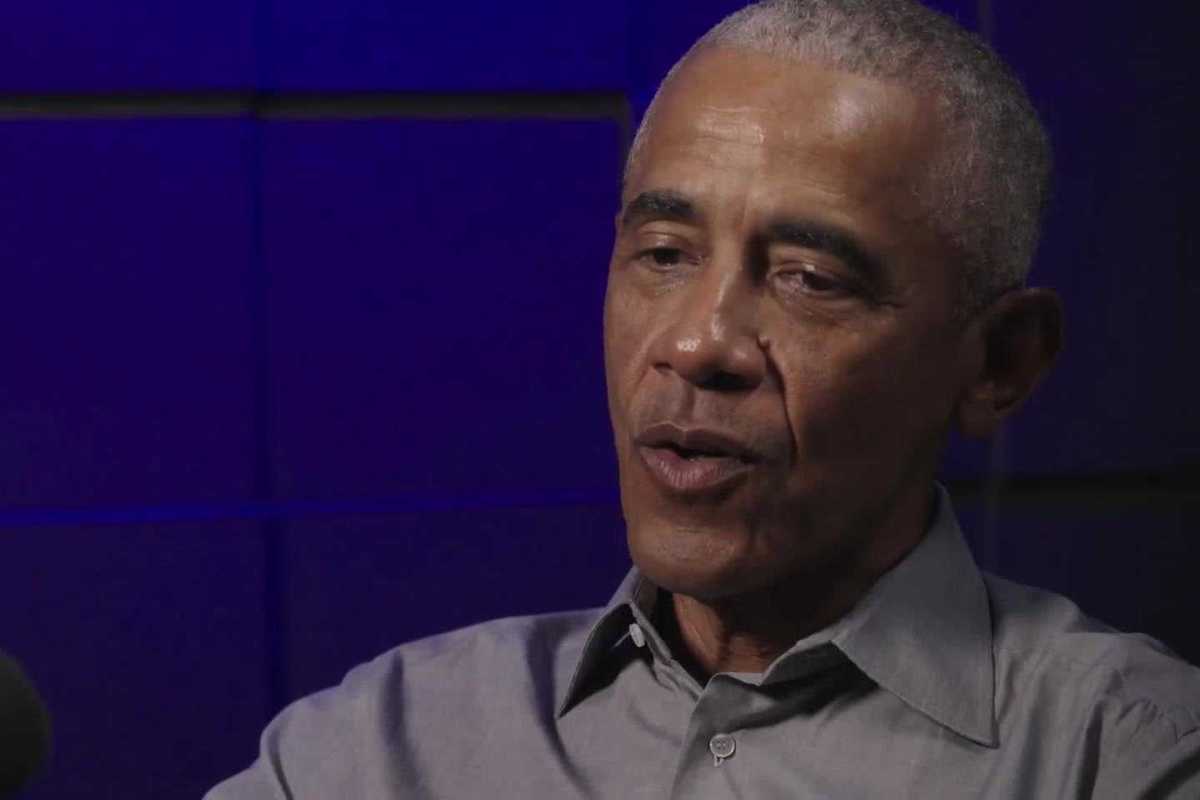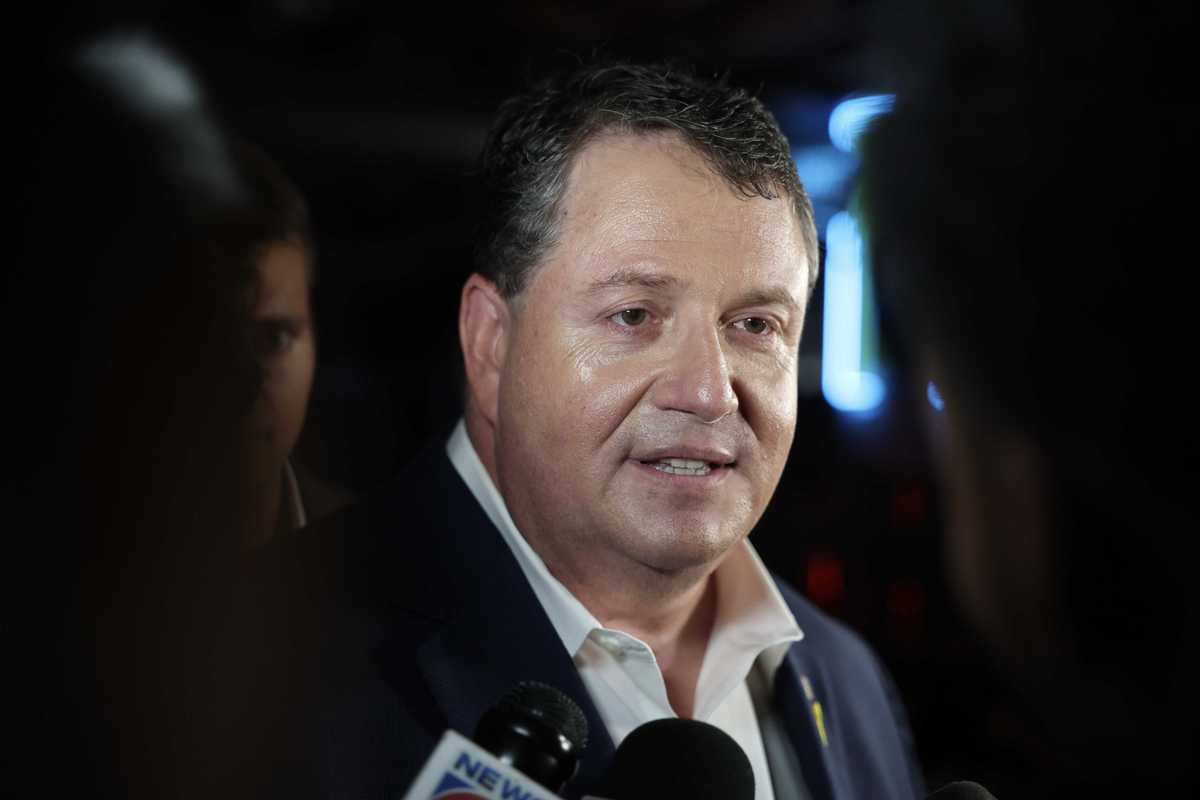News
Isobel van Hagen
Oct 27, 2020

Getty
Model, actress and writer Emily Ratajkowski made waves when she announced she was pregnant on Monday – reigniting discussions about 'gender reveals' and gender norms in parenting.
In an essay, video and cover shoot for Vogue magazine, Ratajkowski's announcement is shaping up to be a bit different than usual.
Showing off her stomach, Ratajkowski wrote her own cover story about her decision not to reveal her baby's gender.
"I like the idea of forcing as few gender stereotypes on my child as possible," Ratajkowski wrote. "But no matter how progressive I may hope to be, I understand the desire to know the gender of our fetus; it feels like the first real opportunity to glimpse who they might be.”
The video, directed by her friend actress Lena Dunham, was described as the “opposite of a People magazine baby announcement.”
"We are waiting for you, wondering who you will be," she said in the short film.
This comes at a moment when ‘gender reveal parties’ create controversy: cutting into a cake revealing pink or blue icing or popping balloons to show a certain colour are now somewhat passe. While some people find these kinds of events cute or charming, others think they are antiquated and even dangerous – both physically and psychologically. (One gender reveal party is blamed for starting a wildfire in California).
In her essay, Emily expanded on this concept:
"When my husband and I tell friends that I'm pregnant, their first question after 'Congratulations' is almost always 'Do you know what you want?'" she wrote. "We like to respond that we won't know the gender until our child is 18 and that they'll let us know then."
"I like the idea of forcing as few gender stereotypes on my child as possible," she explained.
"I don't like that we force gender-based preconceptions onto people, let alone babies. I want to be a parent who allows my child to show themself to me. And yet I realize that while I may hope my child can determine their own place in the world, they will, no matter what, be faced with the undeniable constraints and constructions of gender before they can speak or, hell, even be born."
People across social media congratulated her on the news, praising her decision to use the essay to highlight how gender is not significant:
“I agree with this so much. We all have masculine and feminine. To assign just one to even a new born can be damaging regardless of their actual gender,” one person commented on the essay.
“I’ve developed more respect and admiration for emrata than I thought was possible,” another person wrote.
Ratajkowski is certainly not the first celebrity who plans to raise her child in a gender-neutral way.
In an interview last, Kate Hudson told AOL she embraces a “genderless approach” to parenting her child Rani.
“[Having a daughter] doesn’t really change my approach, but there’s definitely a difference,” she said. “I think you just raise your kids individually regardless — like a genderless [approach]. We still don’t know what she’s going to identify as,” she said.
Angelina Jolie and Brad Pitt have also supported their children exploring their gender identity: “You don’t know who your children are until they show you who they are," Jolie said on BBC Radio 4’s Women’s Hour. "They are just becoming whoever they want to be.”
The desire to step away from the ‘gender reveal’ mindset derives from a desire to let people exist outside stereotypes that are embedded from birth: Young children, for example pick up gendered cues from the toys they’re given, and even from the way their rooms are decorated.
Studies suggest that parents now tend to hold more accepting views of gender nonconformity. Six states in the US allow parents the option to label gender as "X" on birth certificates. Sweden has even incorporated the gender-neutral pronoun "hen" into their language to address inclusively.
"Our society that is so gendered is not really setting our kids up for success. Gender-neutral parenting thinks about fostering good skills or traits for all humans to grow up with," Dr Christia Spears Browne told Parents.com. "So that then they'll be successful no matter what society is saying they should or shouldn't do."
That said, the question remains of whether parenting without any gender norms in our society is actually fully possible. But the question behind the trend is what’s important: how do we turn away from harmful gender stereotypes and societal expectations that dictate who a child can be?
Besides, Emily is much more focused on what her baby will be like: "The truth that we ultimately have no idea who – rather than what – is growing inside my belly. Who will this person be? What kind of person will we become parents to? How will they change our lives and who we are?"
Top 100
The Conversation (0)













